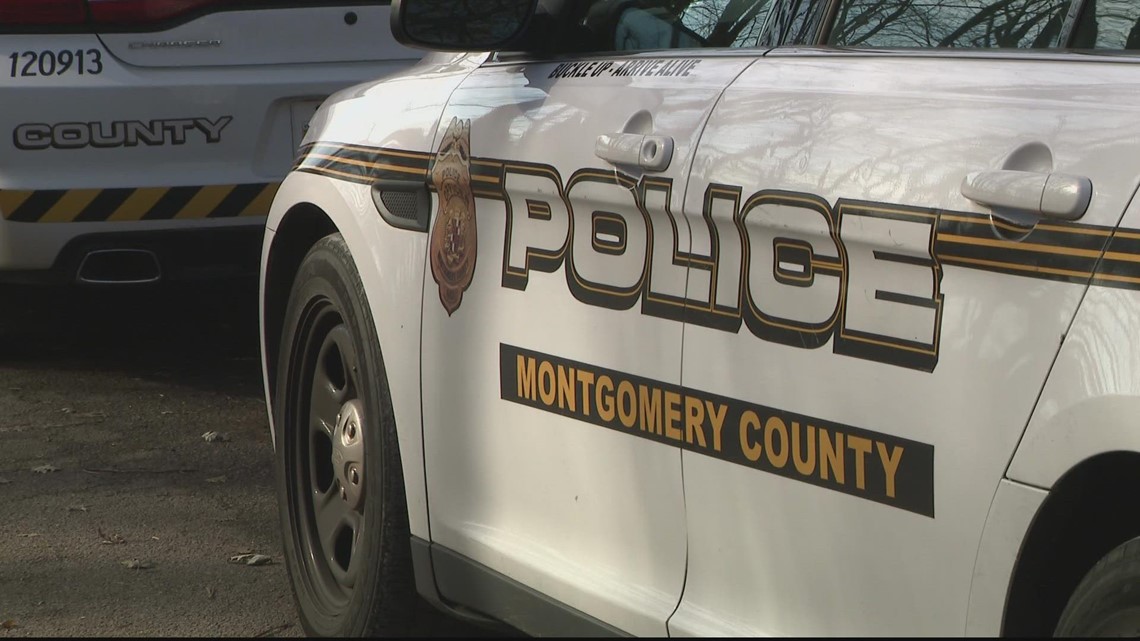Striking the balance between accountability and rehabilitation.
WASHINGTON — While Prince George's County prosecutors pursue adult charges against 15-year-old Kaden Holland, WUSA9 wanted to take a closer look at the approach to juvenile crime in the District of Columbia. MPD reports that young people make up 59% of the most recent carjacking arrests. When a juvenile is arrested for a crime, the case goes to family court. But DC Attorney General Brian Schwalb said the legal system isn't always the answer.
“When kids make mistakes commit crimes sometimes very serious crimes, we have to hold kids accountable by prosecuting kids and we do that every day when we have sufficient evidence," explained AG Schwalb.
The Attorney General’s Office is working with MPD to make that happen with a 24-hour hotline. Detectives call prosecutors to make sure they collect enough evidence that can be used in court.
"Often times we ask court to detain young people because we think it is in their interest and interest of public. Sometimes kids need to be sat down but we can't share specifics of the case because it's not lawful to do so," said Schwalb.
While their crimes impact the community the same, the AG said Schwalb there is a difference between the juvenile justice system and the adult system.
"And one of the ways we commit to kids in a little bit of a different way that we do with adults we are committed to protecting public safety and engaging in effort to rehabilitate,” he said, “and the law believes protecting confidentially of children when they are in the criminal justice system enhances the goal of rehabilitation and rehabilitation enhances goal of public safety."
That's where diversion programs like the Alternative to Court Experience (ACE) comes in. ACE is offered to low level offenders who get monitoring and family support.
"Our system has repeatedly failed them long before they even show up in the criminal justice system so of course parents and families play a role our support of families and parents is critical can holding them accountable as well is part of overall equation we have to getting to be a safer city," said Schwalb.
What worries the AG the most? That offenders are getting younger and the crimes more serious. But he said the crime stats don't tell the entire story.
"We have about 50,000 young people between 10 and 17 in our city less than 500 are justice system involved that's less than 1% of the children in our city 99% in our city are doing extraordinary things often against the resilience the talent the creativity of those young people need to be elevated," said the AG.
.png)









 English (US) ·
English (US) ·